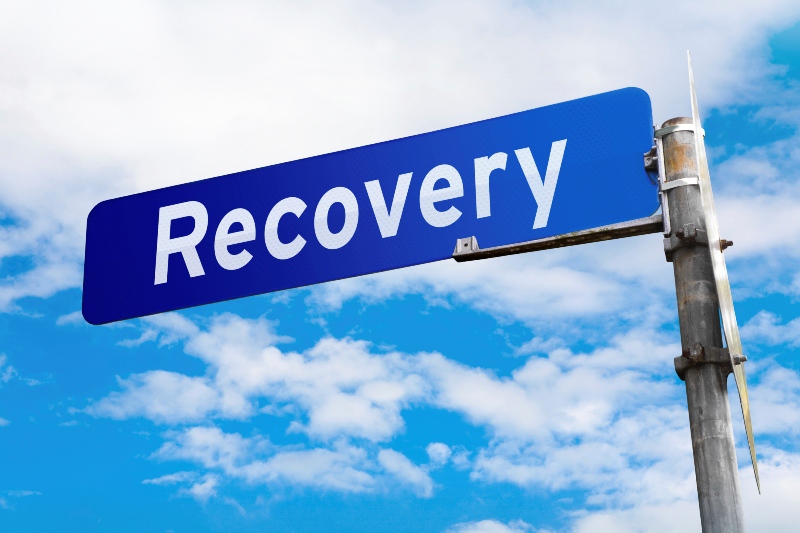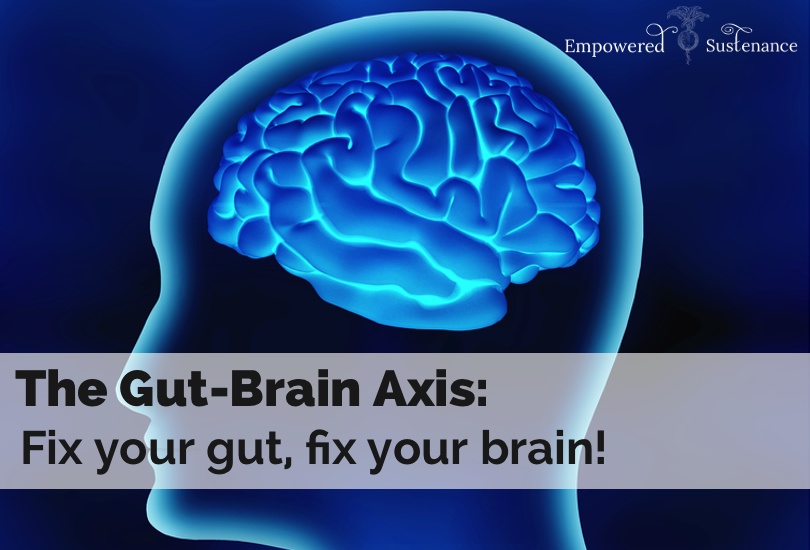Cross addiction nightmare in addiction recovery

Cross addiction nightmare in addiction recovery coupled with denial and frustrations can ruin any progress made in treatment process
Cross addiction nightmare in addiction recovery: Dealing with PAWS
Most cocaine addicts struggle with the idea of total abstinence. If you’re addicted to cocaine, you know you never want to use cocaine again. Cocaine has ruined your life, it has cost you a lot of money, but you’re not sure about stopping alcohol. Maybe alcohol has never been a problem. But because of cross addiction, if you want to stop using cocaine you must also stop all addictive drugs including alcohol and marijuana.
Alcohol is a common trigger for cocaine use. You’ll start with just a few drinks a week. Maybe you’ll drink moderately for weeks or even months without using cocaine. But then one week, you’ll have a bad week. Bad things happen. During that week, everything will go wrong. You’ll be stressed out at work. You’ll have an argument at home. And by the end of the week, you’ll really want a drink. But instead of just a few drinks, you’ll want maybe three or four drinks to take the edge off. After the first one or two drinks, your inhibitions will be lower. After two or three drinks, you’ll reach a magic number, and your brain will suddenly say “Bingo. I remember this feeling, and I remember something that feels even better.” And you’ll be off using again.
These are the temptation techniques which can be avoided by choosing to remain sober through constant consultation with the experts from AWAREmed Health and Wellness Resource Center under the able leadership of doctor Dalal Akoury from time to time. Remember that doctor Akoury is a veteran addiction expert and has been of help to many people across the globe and your condition will be very safe with her but first you need to make that commitment of scheduling for an appointment with her today.
Cross addiction nightmare in addiction recovery: How to deal with PAWS
Doctor Akoury is registering that in dealing with Post-Acute Withdrawal Symptoms (PAWS) challenges of inconsistency will always be there. This is because PAWS often come and go. Because of this many people will find relief within a very short period of time and with that in mind, the following tips can help you in increasing your recovery process:
- Ensuring that they eat a balanced diet and taking nutritional supplements as prescribed by their doctor. If these symptoms are being caused by nutritional deficiencies then eating a balanced diet should help to address this.
- Exercise is not only good for physical health but also for mental well-being. It is important that people in recovery devote at least a little time each day to physical activity.
- Meditation is a wonderful tool for improving concentration and developing inner peace. Those who are dealing with PAWS can find it difficult to mediate nonetheless; they can begin by learning some simple breathing exercises.
- Those people who belong to a recovery group are likely to find that this provides them with support and advice.
- One of the important tasks for early recovery is for people to develop skills for dealing with stress. A good reason for attending rehab is that it gives the individual a head start in developing such coping mechanisms.
- It is important that those who are dealing with PAWS realize that these symptoms will almost certainly disappear once they are established in recovery.
Cross addiction nightmare in addiction recovery: Dealing with PAWS
http://regenerativepotential.com/wp-admin









